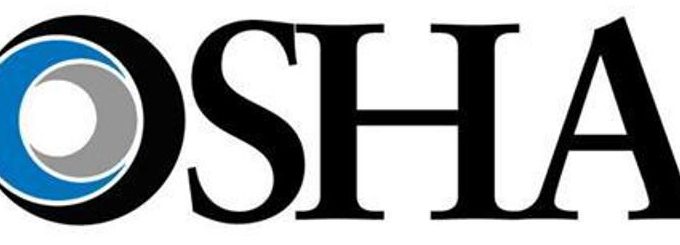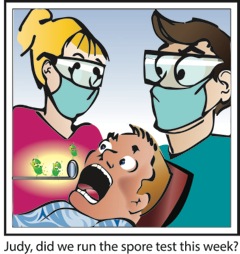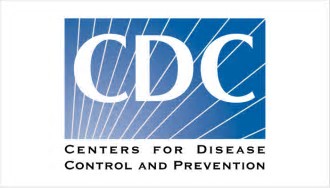Effective sterilization is essential to protecting patients and staff in the dental setting. Biological monitoring,…

The Needlestick Safety and Prevention Act Turns 20
 November 2020 marks the twentieth anniversary of the federal Needlestick Safety and Prevention Act, which mandated the Occupational Safety and Health Administration (OSHA) to add safety provisions to the Bloodborne Pathogens Standard. These included:
November 2020 marks the twentieth anniversary of the federal Needlestick Safety and Prevention Act, which mandated the Occupational Safety and Health Administration (OSHA) to add safety provisions to the Bloodborne Pathogens Standard. These included:
- New requirements for the evaluation and use of engineering controls (safety engineered sharps and needleless systems)
- Annual employer considerations of safer medical devices and new technologies that reduce exposures
- Non-managerial frontline employee feedback on the selection and use of these devices
- The requirement to keep a sharps injury log in addition to the OSHA Recordkeeping requirements.
Under OSHA’s Bloodborne Pathogens Standard, dental employers are required to implement a process to identify, evaluate, and select engineered safety sharps that are appropriate, commercially available, and effective. No one device is appropriate for all circumstances. An “appropriate” engineered safety sharp is one whose use, based on reasonable judgment, will not jeopardize patient or employee safety.
The number one thing to remember when deciding whether to implement engineered safety sharps is to provide documentation to support that decision, to update the information regularly, at least annually, and to include affected employees in the evaluation process. Dental employers must continuously conduct research, at least annually, on which new devices become available, because new products are constantly being introduced to or removed from the market.
For our OSHA Review Subscribers… Please refer to the September/October 2020 issue of OSHA Review for information on compliance with Cal/OSHA’s Bloodborne Pathogens Standard.
Since 1992, OSHA Review, Inc. has provided dental professionals with comprehensive programs to support regulatory compliance and infection control. We are a registered continuing education provider in the state of California, specializing in Dental Practice Act, infection control, and OSHA training.



